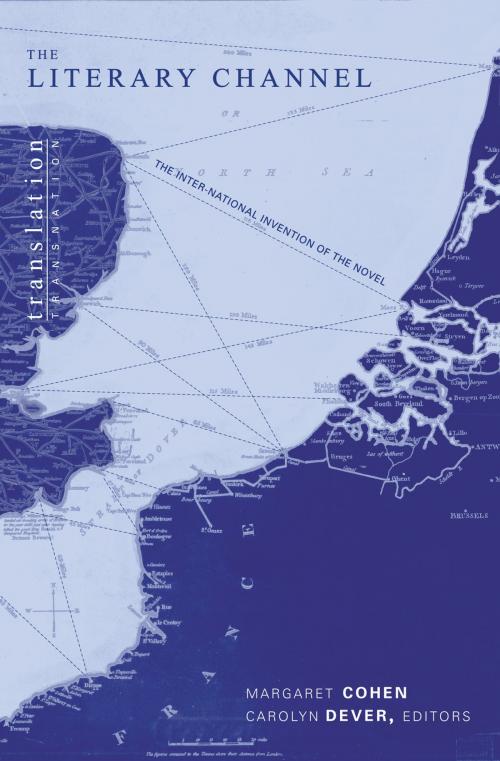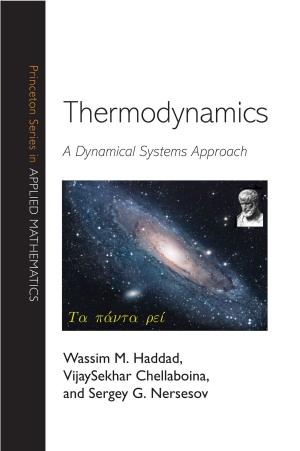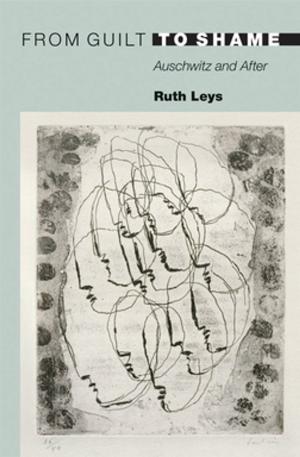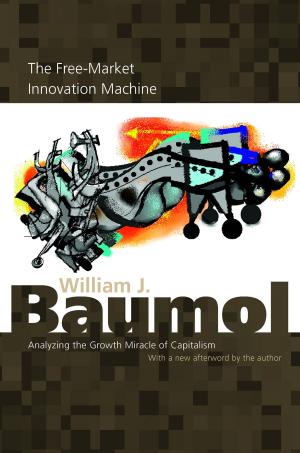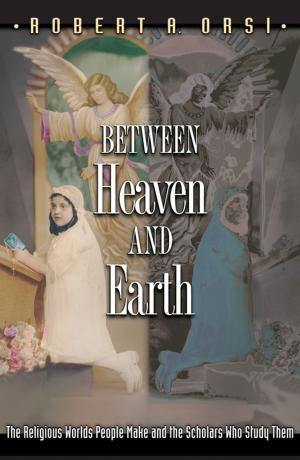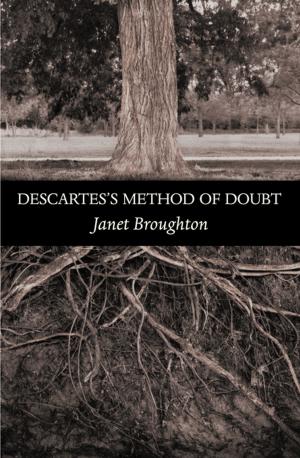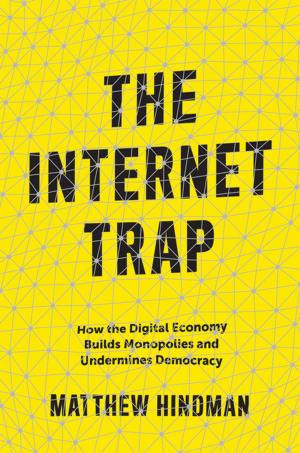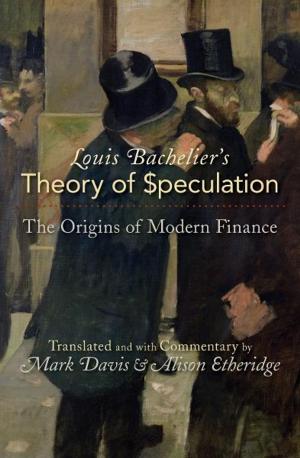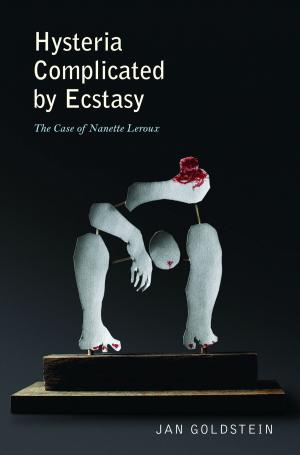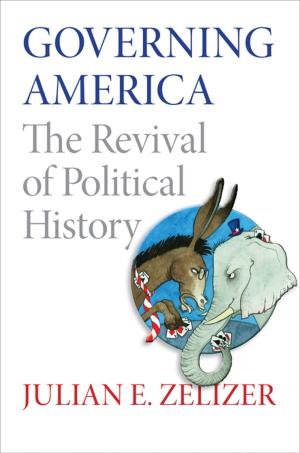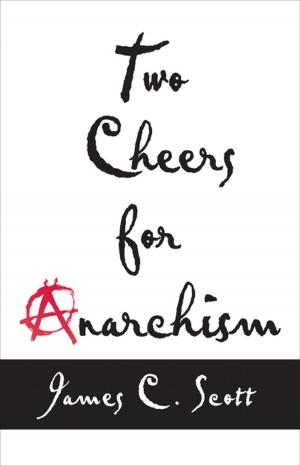The Literary Channel
The Inter-National Invention of the Novel
Fiction & Literature, Literary Theory & Criticism, French, British| Author: | ISBN: | 9781400829514 | |
| Publisher: | Princeton University Press | Publication: | February 14, 2009 |
| Imprint: | Princeton University Press | Language: | English |
| Author: | |
| ISBN: | 9781400829514 |
| Publisher: | Princeton University Press |
| Publication: | February 14, 2009 |
| Imprint: | Princeton University Press |
| Language: | English |
The Literary Channel defines a crucial transnational literary "zone" that shaped the development of the modern novel. During the first two centuries of the genre's history, Britain and France were locked in political, economic, and military struggle. The period also saw British and French writers, critics, and readers enthusiastically exchanging works, codes, and theories of the novel. Building on both nationally based literary history and comparatist work on poetics, this book rethinks the genre's evolution as marking the power and limits of modern cultural nationalism.
In the Channel zone, the novel developed through interactions among texts, readers, writers, and translators that inextricably linked national literary cultures. It served as a forum to promote and critique nationalist clichés, whether from the standpoint of Enlightenment cosmopolitanism, the insurgent nationalism of colonized spaces, or the non-nationalized culture of consumption. In the process, the Channel zone promoted codes that became the genre's hallmarks, including the sentimental poetics that would shape fiction through the nineteenth century.
Uniting leading critics who bridge literary history and theory, The Literary Channel will appeal to all readers attentive to the future of literary studies, as well as those interested in the novel's development, British and French cultural history, and extra-national patterns of cultural exchange. Contributors include April Alliston, Emily Apter, Margaret Cohen, Joan DeJean, Carolyn Dever, Lynn Festa, Françoise Lionnet, Deidre Shauna Lynch, Sharon Marcus, Richard Maxwell, and Mary Helen McMurran.
The Literary Channel defines a crucial transnational literary "zone" that shaped the development of the modern novel. During the first two centuries of the genre's history, Britain and France were locked in political, economic, and military struggle. The period also saw British and French writers, critics, and readers enthusiastically exchanging works, codes, and theories of the novel. Building on both nationally based literary history and comparatist work on poetics, this book rethinks the genre's evolution as marking the power and limits of modern cultural nationalism.
In the Channel zone, the novel developed through interactions among texts, readers, writers, and translators that inextricably linked national literary cultures. It served as a forum to promote and critique nationalist clichés, whether from the standpoint of Enlightenment cosmopolitanism, the insurgent nationalism of colonized spaces, or the non-nationalized culture of consumption. In the process, the Channel zone promoted codes that became the genre's hallmarks, including the sentimental poetics that would shape fiction through the nineteenth century.
Uniting leading critics who bridge literary history and theory, The Literary Channel will appeal to all readers attentive to the future of literary studies, as well as those interested in the novel's development, British and French cultural history, and extra-national patterns of cultural exchange. Contributors include April Alliston, Emily Apter, Margaret Cohen, Joan DeJean, Carolyn Dever, Lynn Festa, Françoise Lionnet, Deidre Shauna Lynch, Sharon Marcus, Richard Maxwell, and Mary Helen McMurran.
